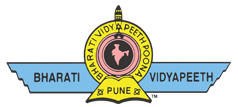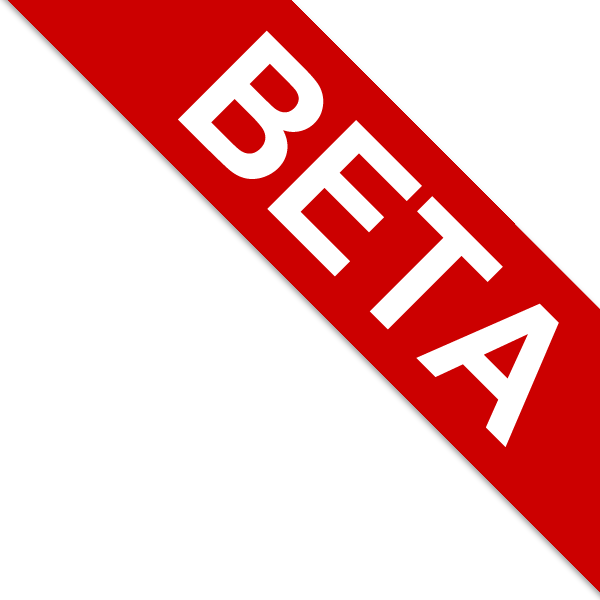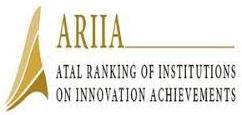Department of Mechanical Engineering
Program Outcomes (POs)
POs are statements that describe what students are expected to know and be able to do upon graduating from the program. These relate to the skills, knowledge, analytical ability attitude and behavior that students acquire through the program. The POs essentially indicate what the students can do from subject-wise knowledge acquired by them during the program. As such, POs define the professional profile of an engineering graduate.
- Engineering Knowledge: Apply the knowledge of mathematics, science, engineering fundamentals, and an engineering specialization to the solution of complex engineering problems.
- Problem Analysis: Identify, formulate, review research literature, and analyze complex engineering problems reaching substantiated conclusions using first principles of mathematics, natural sciences and engineering sciences.
- Design/Development of Solutions: Design solutions for complex engineering problems and design system components or processes that meet the specified needs with appropriate consideration for the public health and safety, and the cultural, societal, and environmental considerations.
- Conduct Investigations of Complex Problems: Use research-based knowledge and research methods including design of experiments, analysis and interpretation of data, and synthesis of the information to provide valid conclusions for complex problems:
- Modern Tool Usage: Create, select, and apply appropriate techniques, resources, and modern engineering and IT tools including prediction and modeling to complex engineering activities with an understanding of the limitations.
- The Engineer and Society: Apply reasoning informed by the contextual knowledge to assess societal, health, safety, legal and cultural issues and the consequent responsibilities relevant to the professional engineering practice.
- Environment and Sustainability: Understand the impact of the professional engineering solutions in societal and environmental contexts, and demonstrate the knowledge of, and need for sustainable development.
- Ethics: Apply ethical principles and commit to professional ethics and responsibilities and norms of the engineering practice.
- Individual and Team Work: Function effectively as an individual, and as a member or leader in diverse teams, and in multidisciplinary settings.
- Communication: Communicate effectively on complex engineering activities with the engineering community and with society at large, such as, being able to comprehend and write effective reports and design documentation, make effective presentations, and give and receive clear instructions.
- Project Management and Finance: Demonstrate knowledge and understanding of the engineering and management principles and apply these to one’s own work, as a member and leader in a team, to manage projects and in multidisciplinary environments.
- Life-long Learning: Recognize the need for, and have the preparation and ability to engage in independent and lifelong learning in the broadest context of technological change.
Program Specific Objectives PSOs
- Apply the knowledge of Mathematics, Sciences and engineering fundamentals to formulate, analyze and provide solutions to the problems related to Mechanical engineering and communicate them effectively to the concerned.
- Design mechanical systems in various fields such as machine elements, thermal, manufacturing, industrial and inter-disciplinary fields by using various engineering/technological tools to meet the mercurial needs of the industry and society at large.
- Choose further studies for research in topics such as design engineering thermodynamics, heat transfer, manufacturing processes as per his ability and inclination to solve real life technical problems in the Indian and foreign industries.
- Get knowledge of material science, metallurgy, measurement techniques, and automatic feedback control, hydraulic and pneumatic control which will be able to distinguish between right and wrong engineering procedures.
Program Educational Objective (PEOs)
- Be competent with technological background to analyze, design and solve industrial problems to obtain viable solution.
- To solve problems of social relevance ethically and work effectively in team
- Be lifelong learner and able to work on multidisciplinary projects with sustainable way.








